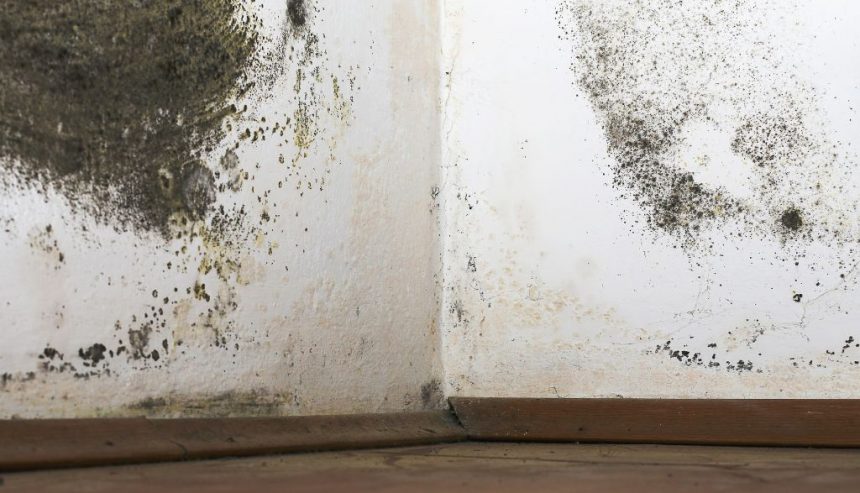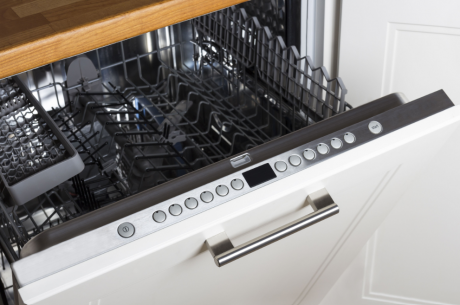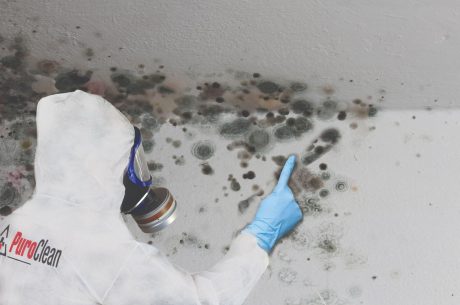Table of Contents
The Psychological Effects of Living in Mold-Infested Homes
Mold is often seen as a mere household nuisance—an unsightly blemish on walls, ceilings, or hidden corners of a home. However, the impact of mold goes far beyond aesthetics.
Prolonged exposure to mold-infested environments can lead to severe physical health problems, including respiratory issues, allergies, and immune system suppression. But what is less frequently discussed—and equally concerning—are the psychological effects of living in mold-contaminated spaces.
Research has increasingly shown that mold exposure doesn’t just harm the body; it can also take a toll on mental health, contributing to anxiety, depression, cognitive dysfunction, and even more severe neurological conditions.
In this blog post, we’ll explore the psychological consequences of mold exposure, the science behind these effects, and what can be done to mitigate them.
1. The Link Between Mold and Mental Health
a. Mold and the Brain: How Toxins Affect Mental Function
Certain types of mold, such as Stachybotrys chartarum (black mold), produce mycotoxins—toxic compounds that can enter the body through inhalation, skin contact, or ingestion. These mycotoxins can cross the blood-brain barrier, directly affecting brain function.
Studies have found that exposure to mold toxins can lead to:
- Neuroinflammation (chronic brain inflammation)
- Disruption of neurotransmitters (serotonin, dopamine, and GABA imbalances)
- Oxidative stress, which damages brain cells
These biological changes can manifest as mood disorders, memory problems, and difficulty concentrating.
b. Anxiety and Depression
Living in a moldy environment can create a persistent sense of unease. The knowledge that one’s home is contaminated can lead to chronic stress, which is a known trigger for anxiety and depression.
A 2007 study by Brown University found that individuals exposed to mold-infested homes reported higher levels of depression compared to those in mold-free environments. Another study published in the American Journal of Public Health (2015) linked damp, moldy homes to increased anxiety symptoms.
The reasons for this connection include:
- Chronic inflammation from mold exposure, which is linked to depression.
- Sleep disturbances due to respiratory issues or stress, worsening mood disorders.
- Feelings of helplessness—being unable to fix the problem due to financial constraints or landlord neglect.
c. Cognitive Impairment and “Brain Fog”
Many people living in moldy homes report memory lapses, difficulty focusing, and mental fatigue—often referred to as “brain fog.”
- Research suggests that mycotoxins can impair cognitive function by:
- Reducing blood flow to the brain
- Damaging neurons
- Disrupting the hypothalamic-pituitary-adrenal (HPA) axis, which regulates stress and cognition
A 2016 study in the journal Applied Neuropsychology: Adult found that mold-exposed individuals performed worse on memory and executive function tests than non-exposed individuals.
2. The Psychological Toll of Chronic Illness from Mold Exposure
Many people suffering from mold-related illnesses develop Chronic Inflammatory Response Syndrome (CIRS), a multi-system condition triggered by biotoxin exposure. Symptoms include fatigue, joint pain, and neurological issues, which can lead to:
- Feelings of isolation (due to being chronically ill and misunderstood)
- Medical gaslighting (doctors dismissing symptoms as “just stress” or “psychosomatic”)
- Financial stress (from medical bills, moving costs, or lost work productivity)
This combination of physical and emotional strain can contribute to PTSD-like symptoms, especially in individuals who have faced severe health crises due to mold toxicity.
3. The Impact on Children and Vulnerable Populations
Children, the elderly, and immunocompromised individuals are particularly susceptible to mold’s psychological effects.
- Children exposed to mold have higher rates of ADHD, learning disabilities, and behavioral issues (as per a 2015 study in Environmental Health Perspectives).
- Elderly individuals may experience accelerated cognitive decline.
- People with pre-existing mental health conditions may see worsened symptoms.
4. Breaking the Cycle: How to Protect Your Mental Health
If you suspect mold is affecting your mental well-being, here are some steps to take:
a. Identify and Remove Mold
- Inspect your home for visible mold or musty odors.
- Hire a professional mold inspector if needed.
- Fix leaks and improve ventilation to prevent future growth.
b. Detoxify Your Body
- Consult a functional medicine doctor for mold toxicity testing.
- Support detox pathways with clean eating, hydration, and supplements like glutathione.
c. Prioritize Mental Health Support
- Therapy (especially for anxiety/depression linked to environmental stress).
- Mindfulness and stress-reduction techniques (meditation, yoga).
- Community support (online groups for mold illness survivors).
d. Consider Relocation (If Necessary)
In extreme cases, leaving a mold-infested home may be the only solution for recovery.
Conclusion
Living in a mold-infested home is more than just an inconvenience—it’s a serious threat to both physical and mental health. The psychological effects, from depression and anxiety to cognitive decline, can be debilitating. Recognizing the signs and taking action to remediate mold exposure is crucial for restoring well-being.
If you or someone you know is struggling with unexplained mental health symptoms, it may be worth investigating the home environment. Addressing mold toxicity could be the missing piece in reclaiming both physical and psychological health.
Trust Our Professional Mold Remediation Services in Auburn, Maine – (207) 531-1200
If you’re dealing with mold growth, don’t settle for a temporary solution. At our Auburn-based restoration business, we specialize in comprehensive mold remediation services. Our experienced team will thoroughly assess your property, contain the affected areas, and restore your space to a clean, safe condition.
We use advanced equipment and proven techniques to ensure the complete removal of mold and moisture sources. With our commitment to quality and customer satisfaction, you can trust us to handle even the most challenging mold problems.
We understand the importance of acting quickly to prevent further damage and ensure the health of your family or employees. Contact us today on (207) 531-1200 to schedule a mold inspection in Maine and experience the difference that professional mold remediation can make.
Get in touch with us now and let us help you breathe easier!



